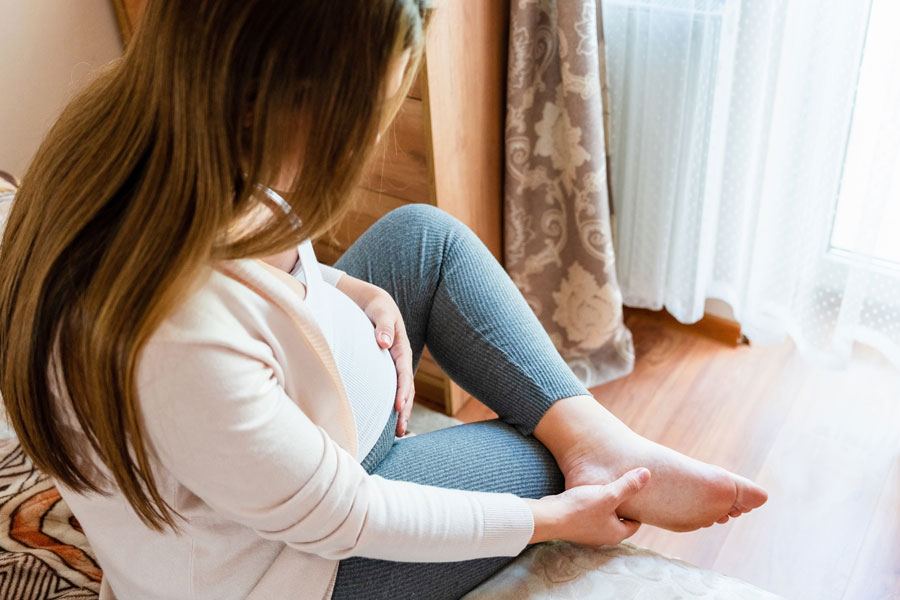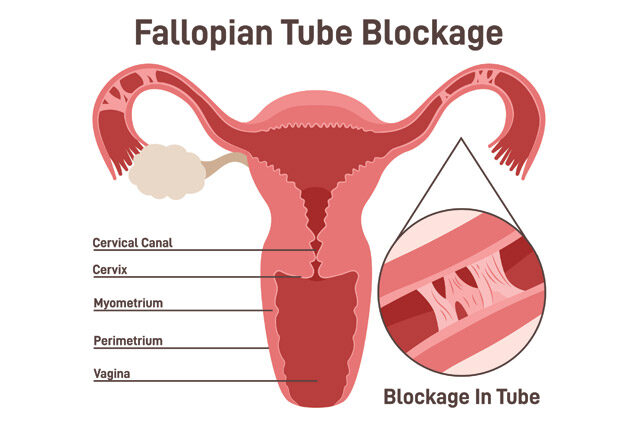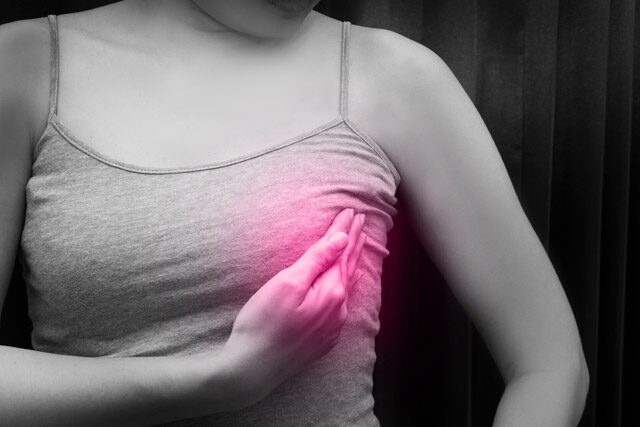A muscle cramp aka a charlie horse or a spasm is a phenomenon when a muscle gets very tight without your control of it. It is primarily unexpected and causes sharp pain. The most common location is the calf muscles and the issue itself is particularly widespread among future mothers. Research data shows that about half of the women with child have had leg cramps during pregnancy.
Why does the cramp occur
Besides the limbs, a cramp may affect an abdominal area and rib cage. It happens when an increased muscle reflex makes it get stiff, the blood flow worsens, and shortly after the tissues start lacking oxygen and nutrients which complicates relaxation. This process of tissue starvation is called ischemisation and it leads to pain receptors sending a signal about impairment to the brain that is just pain for us. It looks long in the description but happens within seconds.
Generally, muscle cramps can be caused by a variety of reasons, so let us take a closer look at them and how they are related to pregnant women:
- Mineral deficiency and dehydration. Electrolytes are ions of minerals, such as potassium, calcium, or magnesium, and they are a vital part of the complex process of muscle work. Electrolyte imbalance can happen when you do not drink plenty of water or have a balanced diet with proper supplementation. Also, when you stay hydrated, it is easier for your tissues and organs to get all the nutrients and oxygen they need.
Remember that when bearing a child your organism has different needs in terms of calorie intake, water intake, and vitamins and mineral consumption. A couple of extra cups of water, an adjusted wholesome diet, and, possibly, a prenatal vitamin complex are simple solutions that spare you a lot of health trouble. - Increased muscle fatigue. Muscle overuse can create a situation when blood supply is less than blood demand. Therefore, tissues do not get everything they need resulting in metabolic disorders and consequent cramps. This is why you should watch your activity when carrying a baby: your increased weight put more pressure on muscles which causes leg pain at the end of the day. However, staying in the same position for too long or becoming sedentary is also not a great option. Lack of activity may affect blood flow negatively with the same outcome. It is all about maintaining a healthy balance.
- And last but not least, cramps may be a signal of serious health issues that are unknown to a person. When getting pregnant, you may not know about having such a condition as nerve compression, arteriosclerosis, or deep vein thrombosis, but they do tend to deepen while the baby develops. If a cholesterol plaque or a blood clot blocks blood vessels in the limb, for example, it is will manifest as cramps, too.
Effective methods relieving muscle cramps
So, what can you do when your calf muscles are suddenly tight and painful? Here is a list of things that you can do to get back to comfort, have a good night’s rest, or continue your daily routine without much trouble:
- Give your muscles a gentle massage: it will enhance blood flow and make the tissue less rigid. When it relaxes and restores its oxygen and electrolyte, the pain will be reduced.
- Apply superficial anesthesia: put an ice pack or something frozen on the area. The cold makes nerves less sensitive to pain. Ointments that contain menthol will also work as it triggers cold receptors.
- Try an opposite approach: warm up your muscles with a bath, heating pad, or a balm. Heat will make blood vessels dilate which helps you can better quickly.
- When a cramp is located in the limb, carefully straighten and stretch it. For example, calf stretches are recommended to be done for 30 seconds and repeated at least thrice. Many simple stretching exercises can be found online or given to you by your doctor.
Is prophylactics possible?
Can you really prevent cramps? Well, the bad news is that you cannot absolutely get rid of them as they are tied to physiological changes during pregnancy. But you can take some precautions so the spasms will be less frequent and painful.
- Remember about drinking lots of water. The American College of Obstetricians and Gynecologists (ACOG) recommends for pregnant persons drink 8–12 cups of water daily. If you do that and still get thirsty, drink more. You can add a bit of fruit juice or slices to make water tastier and less boring.
- Make sure that your diet provides you with the nutrients you need. Try eating healthy and regularly, add some foods that are rich in potassium or magnesium, such as kiwi, bananas, baked potatoes, almonds, spinach, cashews, and oatmeal.
- Prenatal supplements will add up to your diet and ensure that you replenish what your meal lacked. Talking to your doctor will help to decide what vitamins are the best for you.
- Maintain mild physical activity, such as yoga, swimming, pilates, or stretches to keep muscles’ flexibility and smooth blood flow. And a couple of stretches before bed can help you lessen the night cramps so you will sleep better.
- When having a busy day, take a couple of breaks to warm up and stretch your muscles; also, do this after walking for a long time to ease some pressure from your limbs.
When talk to your doctor?
You should mention having muscle spasms when having check-ups at your doctor’s office. Your healthcare provider can treat you the best when they know everything. And, while cramps are usually not a big deal and a pretty normal thing during pregnancy, raise the topic again and ask about your options in these cases:
- you cannot sleep because of the cramps;
- spasms are unbearably painful;
- cramps are causing anxiety;
- the muscle in a spasm location is hot to touch and red;
- your limbs are very swollen;
- your veins became much larger, darker, and they hurt;
- you lose sensations in the limbs.
Conclusion
Cramps are a pretty common thing during pregnancy caused by excessive pressure your organism is under now. Adjusting your way of living to these new demanding conditions will help you to enjoy your days as best as possible. Please do not hesitate to contact your doctors for information, help, and support to make your pregnancy more rewarding than frustrating.




